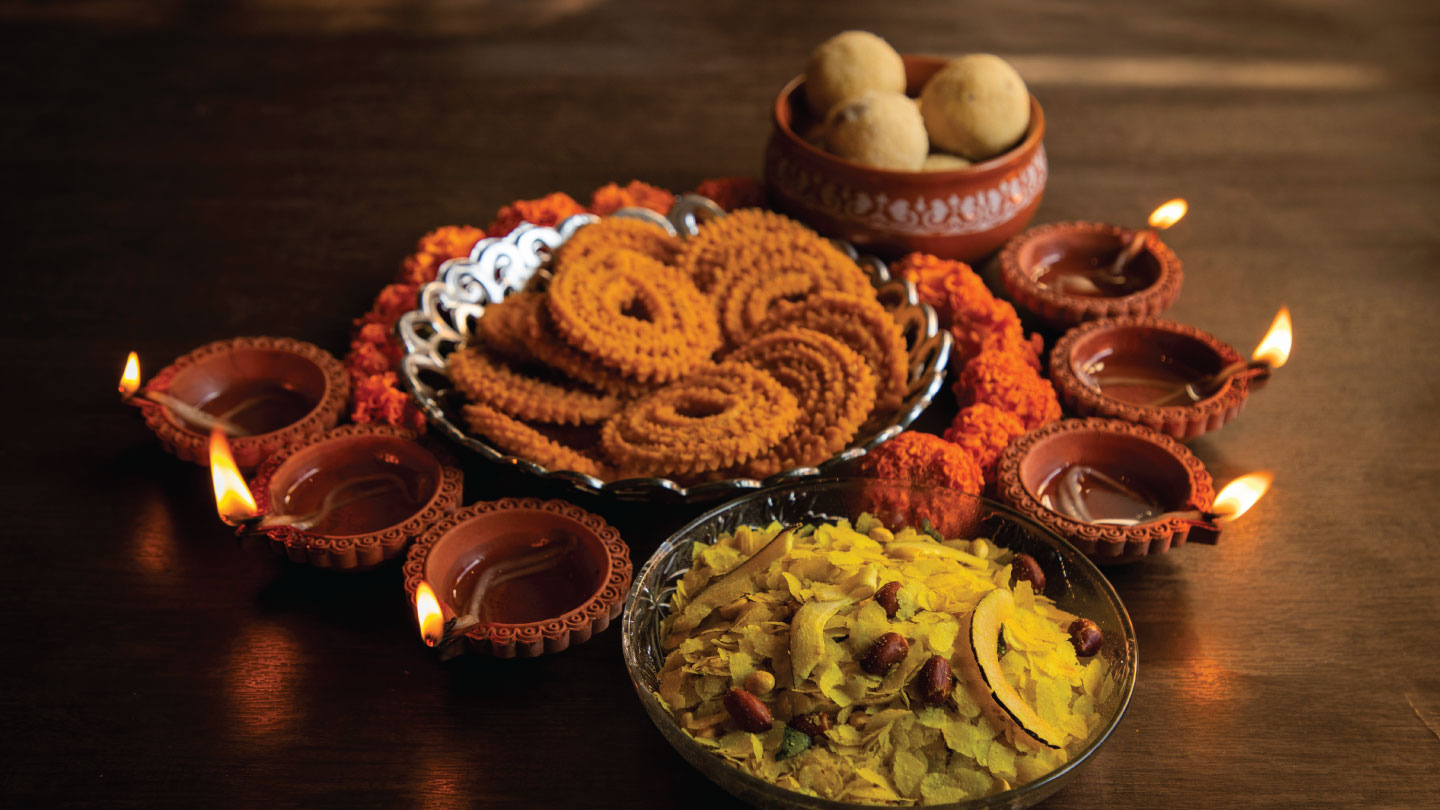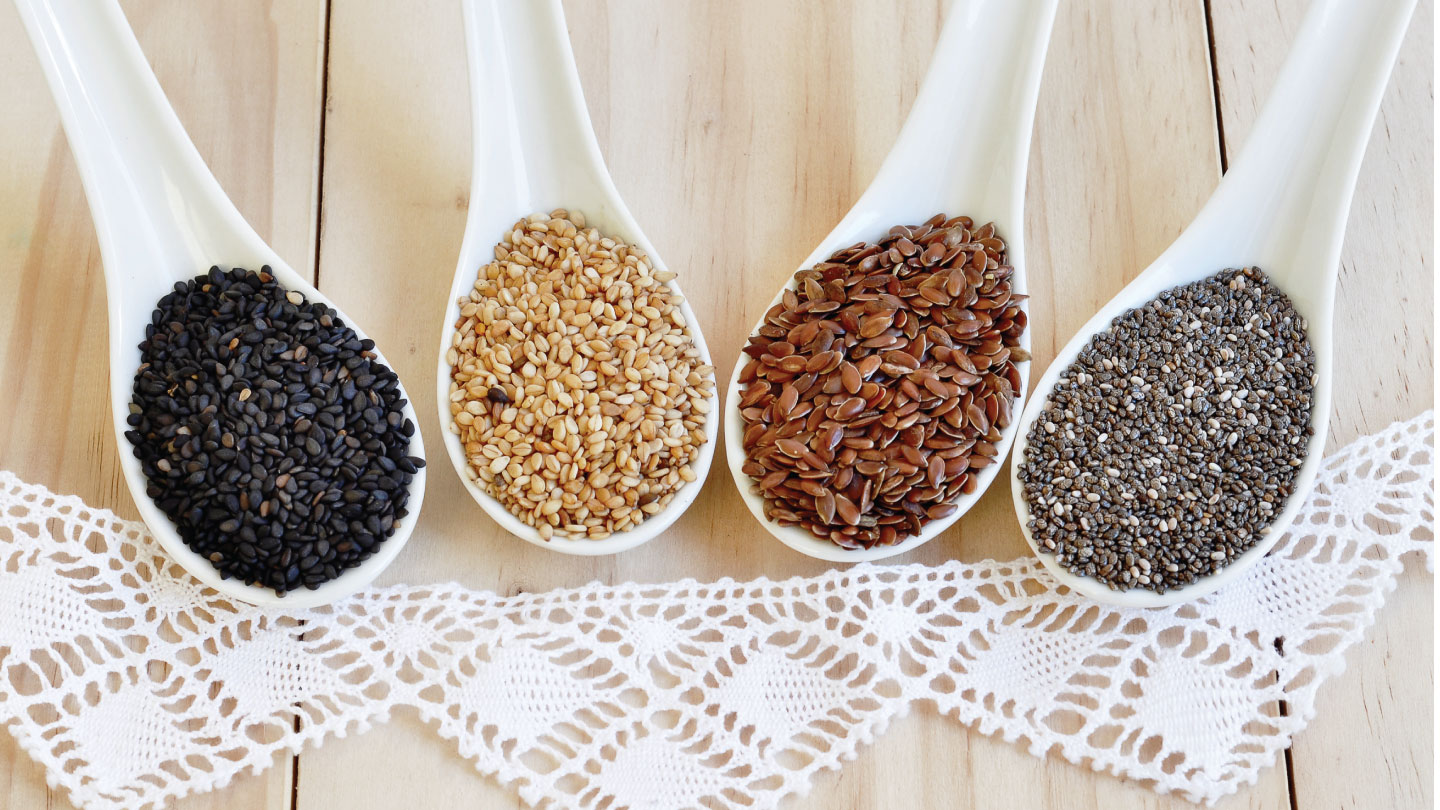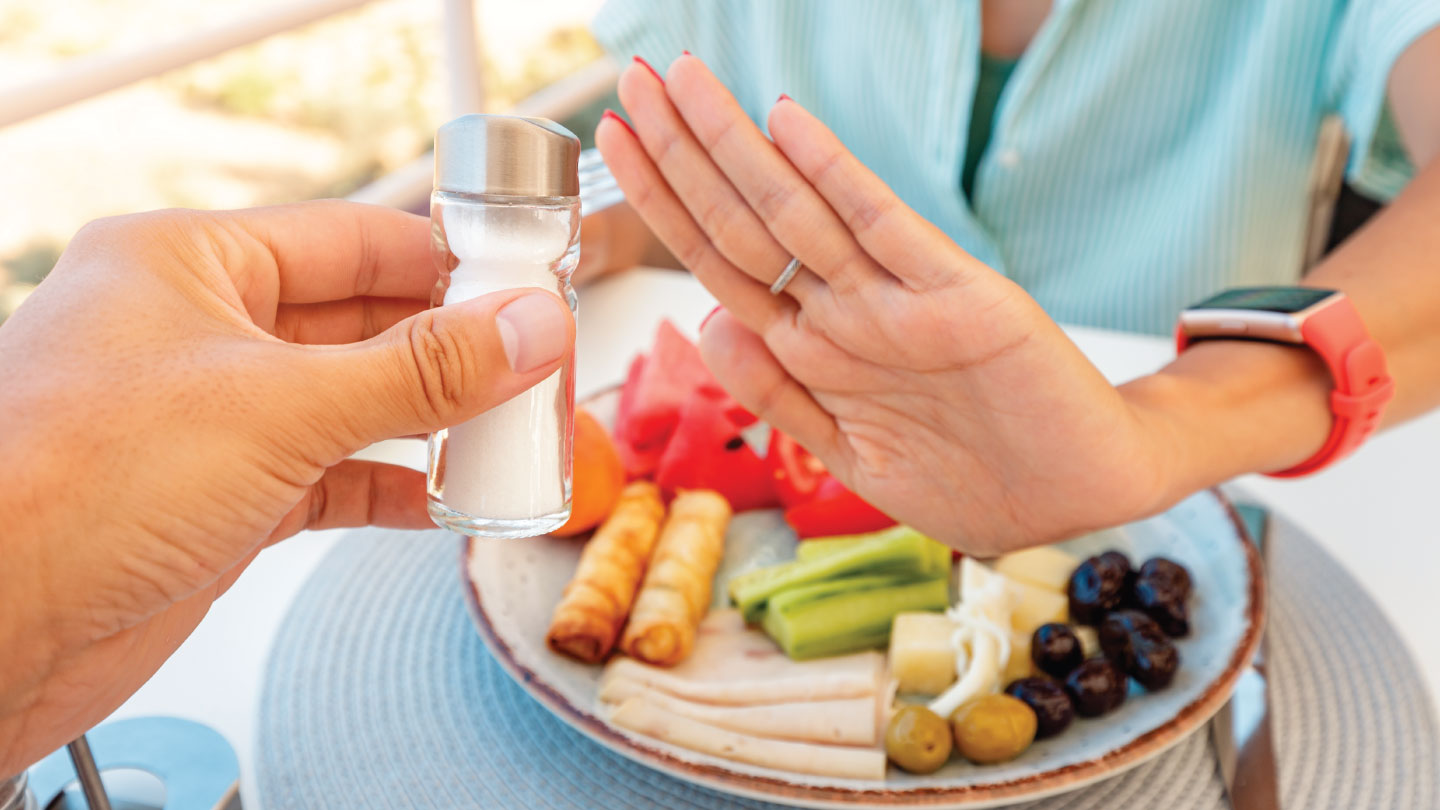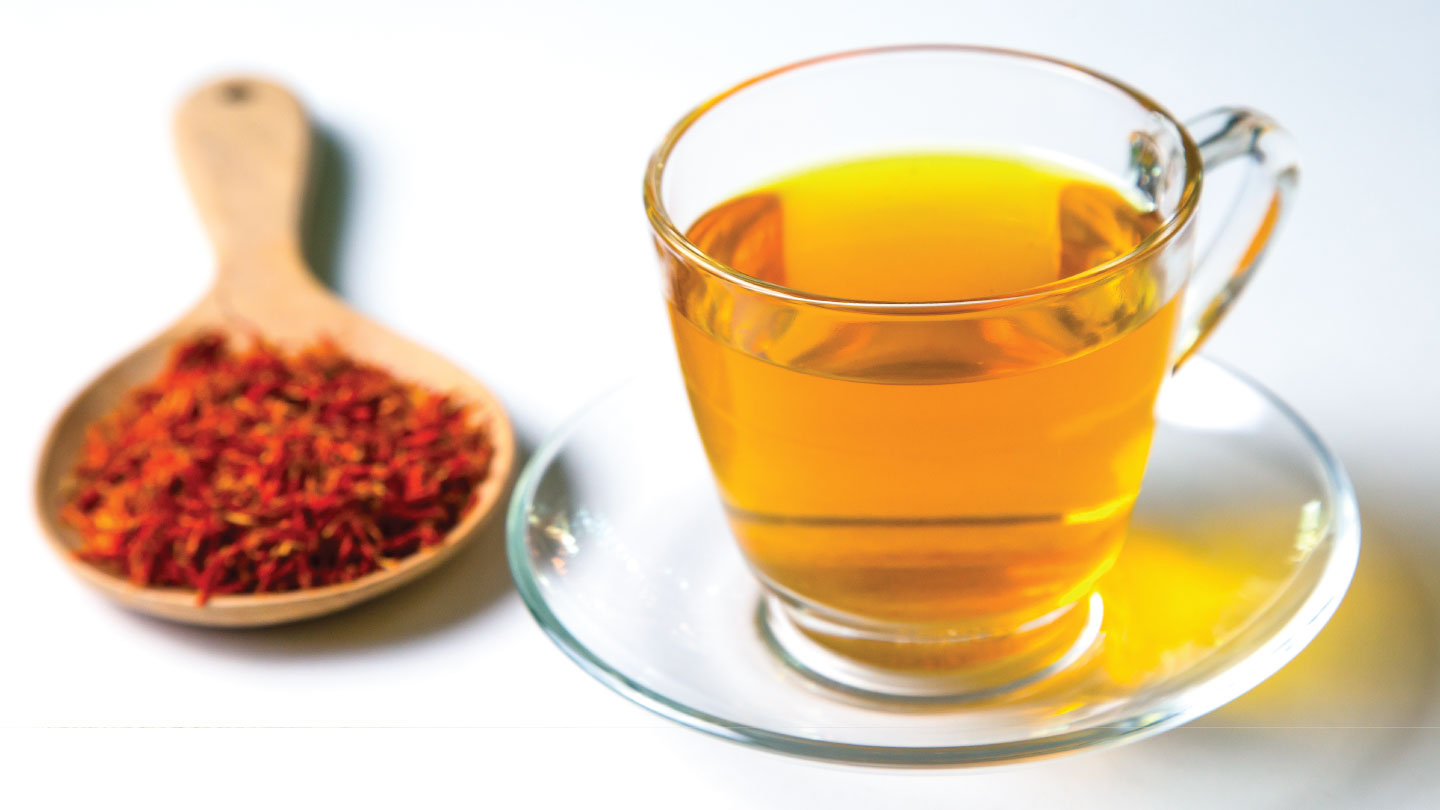Nutrition
Karva Chauth Fasting Tips: Stay Energised and Balanced During the Day-Long Vrat
Karva Chauth is a beautiful ritual of love and devotion. Here’s how you can prepare, sustain, and recover from the fast in a healthy way.
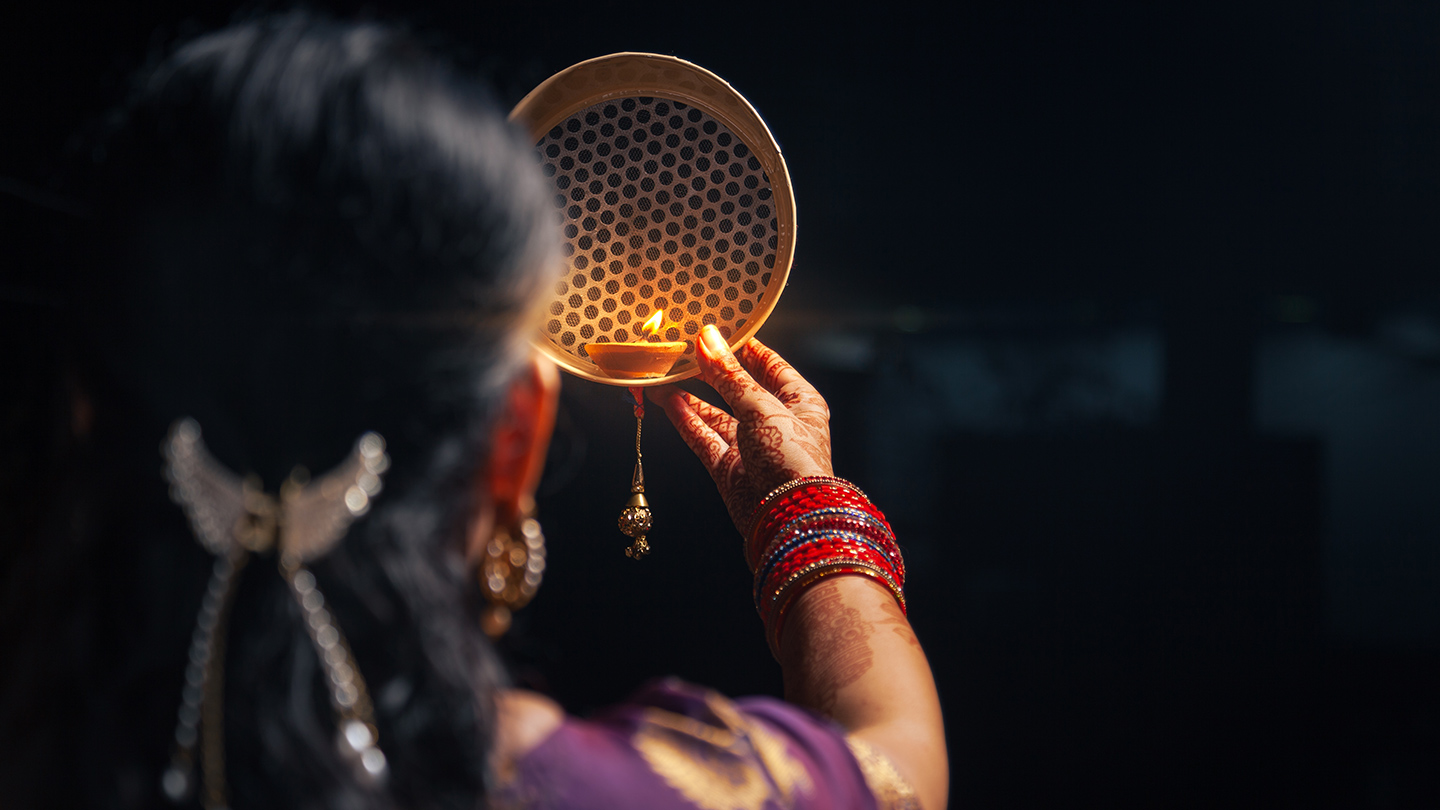
For many women, Karva Chauth is a cherished festival symbolising commitment and tradition. However, since this fast is often observed without food or water until moonrise, it can feel physically demanding. Common issues include dizziness, fatigue, acidity, dehydration, and headaches. With mindful preparation and smart choices, you can complete this fast without compromising your health.
Here are essential fasting tips every woman should keep in mind this Karva Chauth.
Related Story: The Truth About Diets: Intermittent Fasting
1. Eat a Balanced Sargi
Why: Sargi (the pre-dawn meal) is your only fuel until moonrise. A balanced plate ensures slow energy release and prevents blood sugar crashes.
What to include:
- Complex carbs like phulkas, dalia, or parathas made with minimal oil.
- Protein sources such as paneer, curd, or nuts to keep you satiated.
- Fruits like bananas, pomegranates, or apples for fibre and vitamins.
- Avoid fried or overly salty foods as they dehydrate you faster.
2. Hydrate Well the Day Before and Morning Of
Why: Since Karva Chauth is usually nirjala, dehydration is the main cause of headaches, fatigue, and dry skin.
Tip:
- Drink extra water the day before and early morning of Karva Chauth.
- Include hydrating foods in your sargi, like cucumber, coconut water, or buttermilk.
- Limit tea and coffee, as they increase fluid loss.
Related Story: 10 Tips For Better Hydration
3. Limit Simple Sugars, They Don’t Last
Why: Sweets or sugary drinks in sargi give a quick energy spike but also a rapid crash, leaving you tired mid-day.
Better choice: Replace heavy mithai with dates, figs, or fruit-based kheer for natural sweetness with fibre.
4. Rest and Pace Your Energy
Why: Fasting with daily chores, office work, and celebrations can strain your body. Rest helps conserve energy and prevents dizziness.
Tip: Take short breaks, avoid prolonged sun exposure, and if possible, keep physically demanding tasks for the next day.
Related Story: Quick Breakfast Ideas For All-Day Energy At Work
5. Break the Fast Gently After Moonrise
Why: Eating too much, too quickly after long fasting hours can upset digestion and cause acidity.
How to break:
- Start with 2–3 sips of water.
- Eat light fruits like papaya or an apple.
- Move to a small portion of home-cooked food like dal, roti, and vegetables.
- Avoid deep-fried or overly spicy meals immediately.
6. Post-Fast Rehydration is Key
Why: The body is often mildly dehydrated after a day-long fast. Replenishing fluids is essential to restore balance.
Tip: Have coconut water, lemon water, or thin buttermilk before going to bed to rehydrate and restore electrolytes.
Related Story: Dehydration Can Spike Blood Sugar, Here’s What You Need To Know
7. Know When to Modify or Skip the Fast
Why: Women who are pregnant, breastfeeding, diabetic, or have chronic conditions should be cautious. Nirjala fasting can be risky in such cases.
Tip: Consult your doctor beforehand and consider a modified fast with fruits, fluids, or light meals if advised.
Karva Chauth is a festival of devotion and togetherness, but health should never take a backseat. With the right preparation, hydration, and mindful food choices, you can celebrate while staying energised and balanced.
Get instant access to personalised nutrition advice just for you. Sign up here.
EXPLORE MORE
Festivals bring joy, togetherness, and plenty of irresistible food. Here’s how to enjoy every bite mindfully, without compromising your health or happiness.
These tiny seeds aren’t just garnish, they’re evidence-backed superfoods with benefits ranging from better blood sugar control to stronger gut health.
From papads to pickles, the Indian love affair with salt could be doing more harm than just raising blood pressure. That extra salt sprinkle might cost you brain inflammation!
More than just a kitchen spice, saffron might be the solution to brightening your days and calming your mind.








